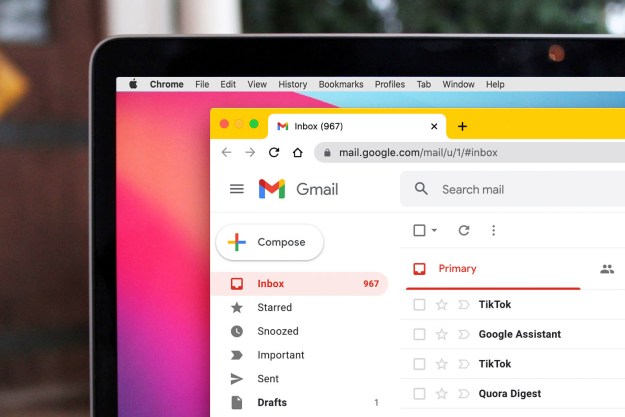
It’s not uncommon for online retailers to take visitors prior activity into account when they visit their site. For instance, if you’ve previously placed a certain item in your basket but didn’t go through with the purchase, said item is more likely to show up in banner advertisement in an attempt to convince you to reconsider.
Sometimes, this works out for both parties — you might have forgotten all about that purchase, and the reminder might be pretty useful. In other cases, you may well have decided against buying that item outright, so there’s no point in seeing further adverts.
Google is now allowing users to mute these “reminder ads” in apps, and across websites that partner with the search giant for their advertising, according to a report from CNET. Going forward, the company plans to expand this functionality to cover YouTube, its search engine, and Gmail, according to a blog post published on January 25.
To take advantage of this new functionality, users should sign into the Google Account, head to Ads Settings, and find the section titled “Your reminder ads.” There, they can review a list of advertisers, clicking the X symbol to remove any reminder ads that they would prefer not to see. Muting will take effect on non-Google websites that utilize the company’s ad platform.
Google’s “Mute This Ad” feature, which allows users to prevent a specific piece of ad content from appearing again, is also being upgraded. It will now recognize feedback from any device, as long as you’re signed in with your Google account, and it’s set to appear across a larger swathe of the web thanks to new partnerships.
Advertising is big business for Google, so while these change are a boon for users, they’re also beneficial for the company. Targeted ads are the priority, since if the content isn’t relevant to the interests of the individual, they’re unlikely to have much effect.
Editors' Recommendations
- Google now lets you know the best time to book a cheap flight
- Google Bard can now speak, but can it drown out ChatGPT?
- You don’t have to use Bing – Google Search has AI now, too
- You can now try out Google’s Bard, the rival to ChatGPT
- You can use the power of ChatGPT in Google Slides now

